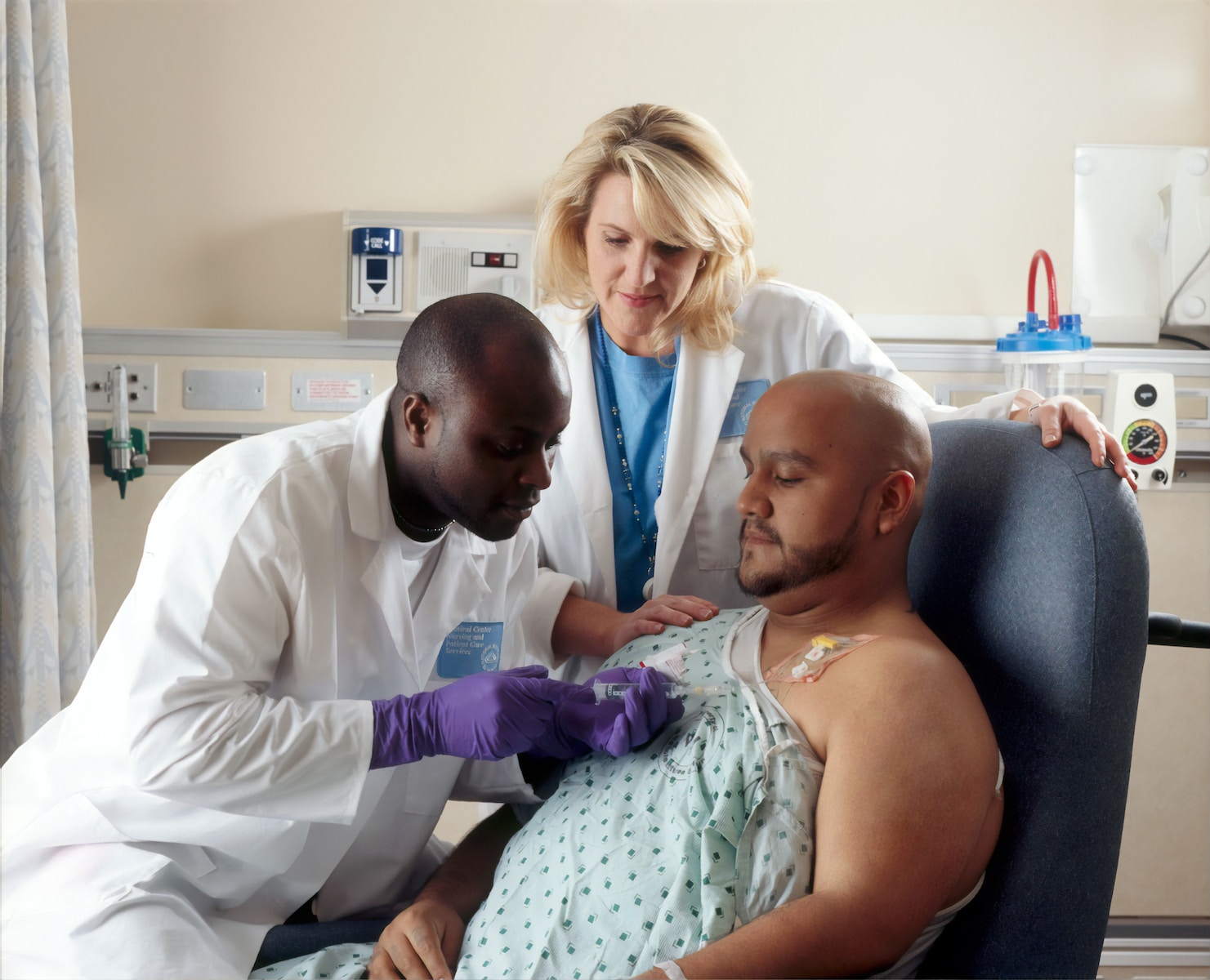You have worked hard to attain your Certified Public Accountant (CPA) license, advancing your education, gaining valuable work experience and passing the grueling four-part CPA exam. Now it’s time to put the sought-after credential to work. When you are prepared to flawlessly answer interview questions, showcase your work experience and negotiate for the salary you deserve, you will see all of that hard work pay off and reward you with the job you have been seeking.
Be Ready to Answer Accounting Interview Questions
An interview is a conversation, and interview questions are an inevitable part of that conversation. Most interview questions fall into one of two categories: behavioral or technical. Behavioral questions refer to your strengths, weaknesses, interests, work habits, goals and personality. They may include questions about how you would handle a certain scenario, such as finding a discrepancy in a financial statement or meeting a project deadline. If the question is phrased such that it focuses more on your integrity, perspective and decision-making skills than on specific standards or procedures, it is typically behavioral in nature.
Technical questions focus more narrowly on your accounting knowledge and skills. Your interviewer may want you to explain processes, terms, principles or procedures, not because he or she is unfamiliar with them, but rather to make sure that you have a solid understanding of the field and the work required of the position. Some interviewers may ask job candidates to complete technical exercises that show off their accounting skills, though the fact that you succeeded in passing the CPA exam may be proof enough of your knowledge and skills for other interviewers.
Don’t forget to ask your interviewer questions about the position and the firm, as well. Researching the company and the job before your interview can help you grasp what the firm is all about and come up with insightful questions that prove your interest in the firm.
Draw on Your Experience
Unlike new graduates fresh out of college, you should have professional work experience in the field of accounting when you apply for a role as a CPA. In fact, most states require CPA candidates to have a minimum of two years of accounting experience, according to the Association of International Certified Public Accountants (AICPA). Your interviewer will expect you to draw on this experience. CPAs and other experienced accountants will often be asked in job interviews to discuss past job performance.
Ideally, you will be able to show that the experience you have can be measured in terms of the results you produced, rather than simply the number of years you have worked. You might encounter questions about how you have saved your company money in the past, particularly if the job you are applying for is a managerial or cost accounting role. If you are a candidate for a leadership position, then you should be prepared to talk about instances in the past when you have taken the lead on a project. Even for less specialized positions, you might be asked to discuss how much work you have handled in a given timeframe, how you have solved challenges in the past and what software applications you have experience using.
Answering the introductory “Tell me about yourself” prompt can be easier for experienced accountants, who can identify themselves as CPAs with a precise number of years of experience, than for new graduates with little experience and no credentials.
Know Your Worth
There are many reasons why accountants go on to become CPAs, from prestige and job prospects to wanting to build your skills and attract new clients. However, it’s undeniable that part of the appeal of the credential, at least for many accounting professionals, is an increase in salary potential. You should have an idea going into a job interview what your skills are worth.
Generally speaking, CPAs earn 10 to 15 percent more than accountants who lack the credential, according to the AICPA. If a senior-level public accountant at a medium-sized firm earns $74,000 to $101,000 per year, a CPA in the same position at the same firm could make $81,400 to $116,150, the AICPA reported. In corporate accounting, those ranges are more likely to be $64,000 to $84,000 without a CPA license or $70,400 to $96,600 with a CPA license.
Over the course of your professional life, you could earn upwards of $1 million more than your peers who never attain the CPA licensures, according to the Accounting Institute for Success.
Additional Resources
What Should You Know When You Interview for a Job With a Degree in Accounting?
What Is the Salary Potential for a Certified Public Accountant (CPA)?
How Long Do You Have to Go to School to Become a CPA?
What Kind of Job Can You Get With a Degree in Accounting?
How Long Does It Take to Become an Accountant?
What Are the Highest-Paying Jobs With an Associates Degree in Accounting?


